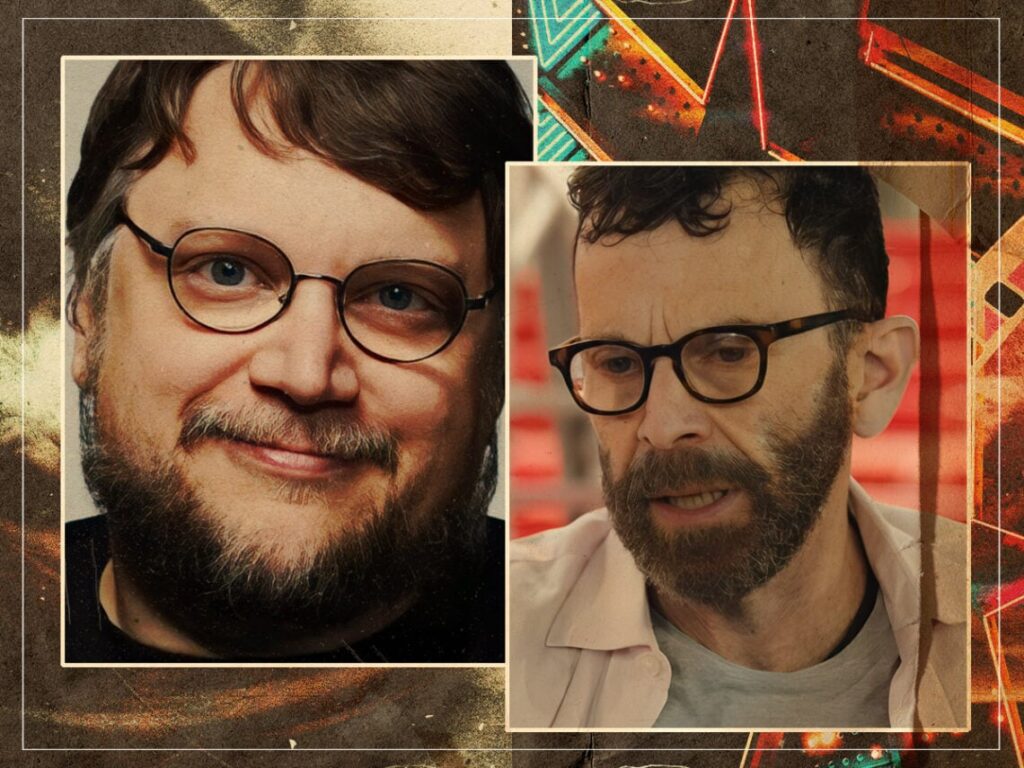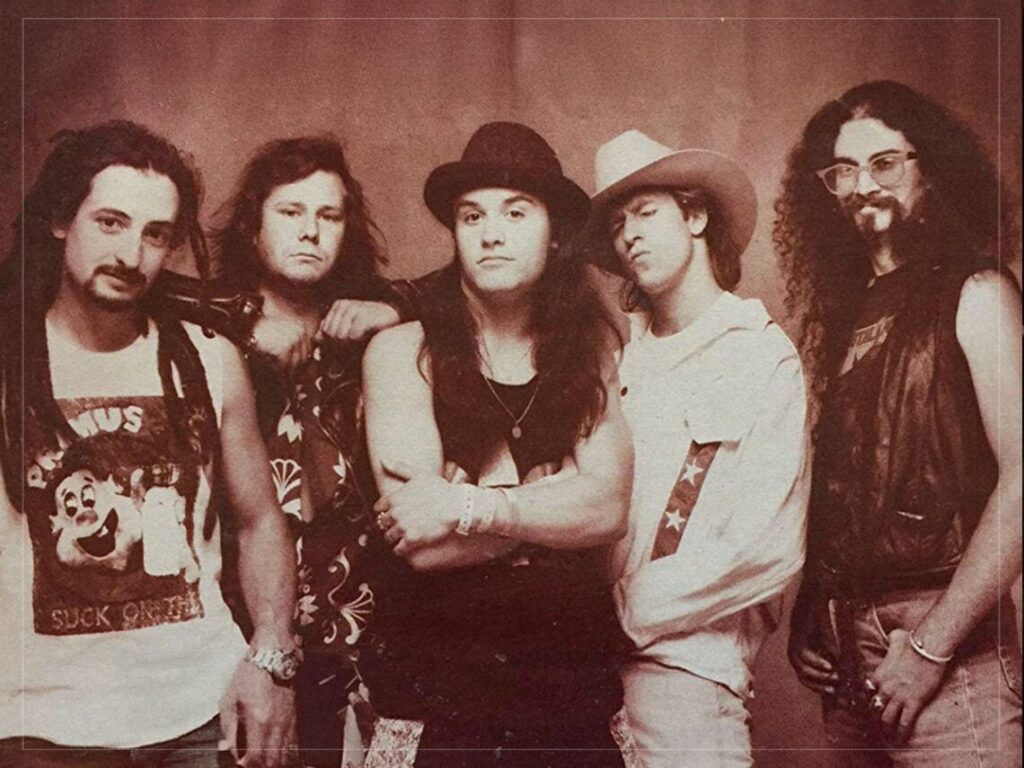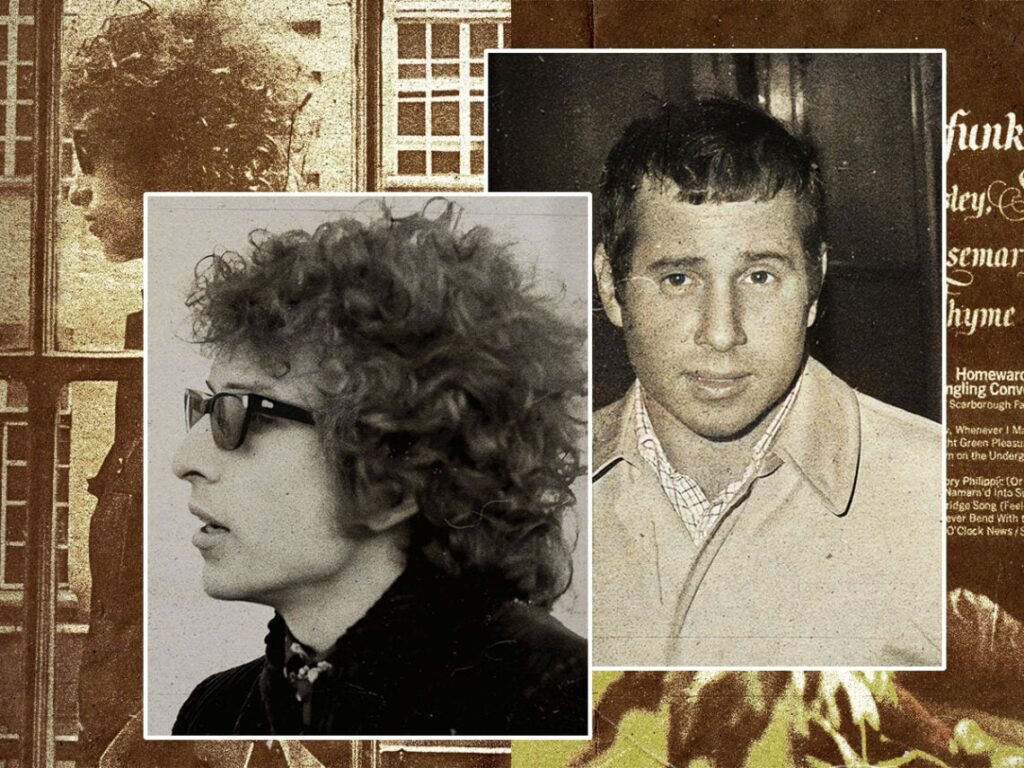The greatest movies never made: Guillermo del Toro and Charlie Kaufman’s ‘Slaughterhouse-Five’
 Posted On
Posted On
(Credits: Far Out / MUBI / YouTube Still)
There aren’t many filmmakers to have picked up and dropped as many projects as Guillermo del Toro, who seems to attach himself to an inordinately large number of movies that he doesn’t end up making, prompting a cycle of hype and disappointment.
He still hasn’t been granted the opportunity to adapt At the Mountains of Madness despite decades of near-misses and false dawns, meanwhile he dropped out of The Hobbit trilogy, couldn’t get the go-ahead for his third Hellboy flick, and failed to drag Fantastic Voyage out of development hell. Those are only four of the dozens of titles he’s hyped up to have come to nothing.
The three-time Academy Award winner is arguably mainstream cinema’s foremost master of the macabre, with every single one of his features from Cronos to Pinocchio dripping in rich atmosphere, sumptuous production design, lashings of gothic fantasy, monsters, creatures, and the battle between good and evil in its physical and spiritual forms.
Not a lot of those sentiments can be applied to Charlie Kaufman, the idiosyncratic scribe who used his own failure to get a project off the ground as the basis for the semi-autobiographical Adaptation, which earned him an Oscar nomination and led to him fielding questions about whether or not he really did have a twin brother nobody had ever heard about up until that point.
They’re the chalk and cheese of the film world, then, which made it so intoxicatingly unusual that del Toro sought Kaufman to script an adaptation of Kurt Vonnegut’s rich and thematically-dense anti-war novel Slaughterhouse-Five. That being said, the story does contain elements that are right up the respective alleys of the proposed writer and director – surreal and sinister, aliens and profound poetry – which could have ended up as a match made in heaven.
The time-travelling fantasy of Billy Pilgrim bouncing between the battlefields of World War II and assorted moments in his past, present, and future would have allowed del Toro to indulge his favoured aesthetic of uneasy wonder, while the existential and temporal crisis at the heart of the narrative would have presented Kaufman with the perfect opportunity to ruminate on free will, the inevitability of death, and the blurred lines between reality and imagination.
Musing on this great ‘would could’ve been, “Charlie and I talked for about an hour-and-a-half and came up with a perfect way of doing the book,” the filmmaker told The Telegraph at the time. “I love the idea of the Trafalmadorians to be ‘unstuck in time’, where everything is happening at the same time. And that’s what I want to do. It’s just a catch-22. The studio will make it when it’s my next movie, but how can I commit to it being my next movie until there’s a screenplay? Charlie Kaufman is a very expensive writer! I’ll work it out.”
Unfortunately, he didn’t work it out, even if del Toro clung onto the last vestiges of hope for several more years after his tantalising teases in 2013. Unsurprisingly, their version “was going to be very experimental” after the dynamic duo “came up with an idea on how to approach it, which I thought was very, very interesting.” Like many other films before it, though, Slaughterhouse-Five ended up slipping through the cracks and into the darkest recesses of development hell, never to be heard from again.
Alas, perhaps it is a key facet of Vonnegut’s mastery that the novelist remains so difficult to adapt to the screen, and yet so effortless to read from the sofa.
[embedded content]


